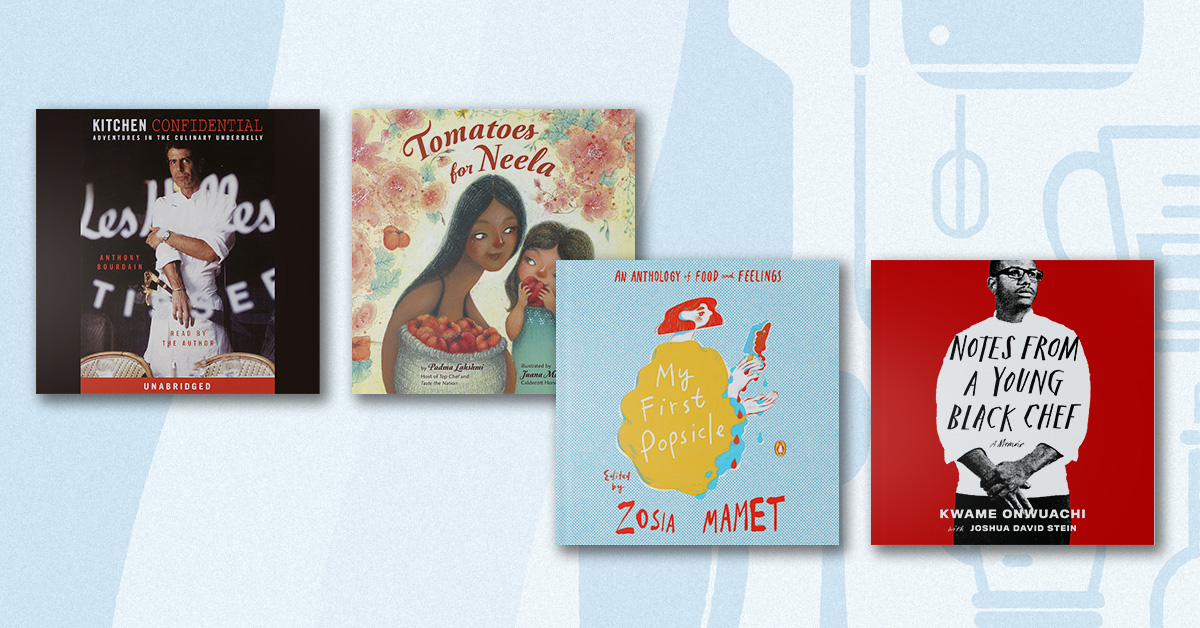-
Books
-
Kids
-
Popular
-
Authors & Events
-
Recommendations
-
Audio
-
<Books>
- Popular
- New & Noteworthy
- Bestsellers
- Must-Read Books of 2022
- Popular Series
- Libros en español
- Coming Soon
- Fiction
- Classics
- Romance
- Literary Fiction
- Mystery
- Science Fiction & Fantasy
- Nonfiction
- Biographies & Memoirs
- Wellness
- Politics
- Cooking
- History
- Series
- Gray Man
- Dark Star Trilogy
- Ramses the Damned
- Outlander
- Penguin Classics
-
<View All>
-
<Kids>
- Popular
- New & Noteworthy
- Bestsellers
- Award Winners
- The Parenting Book Guide
- Books to Read Before Bed
- Books for Middle Graders
- Trending Series
- Who Was?
- Magic Tree House
- The Last Kids on Earth
- Mad Libs
- Planet Omar
- Beloved Characters
- The World of Eric Carle
- Bluey
- Llama Llama
- Dr. Seuss
- Junie B. Jones
- Peter Rabbit
- Categories
- Board Books
- Picture Books
- Guided Reading Levels
- Middle Grade
- Activity Books
-
<View All>
-
<
Popular
- Trending
- Trending This Week
- Books to Read During Dry January
- Debut Novels
- Books to Cope With Anxiety
- Short Reads
- Anti-Racist Resources
- Expert Picks
- Editor's Picks: Fiction
- Editor's Picks: Science Fiction & Fantasy
- Editor's Picks: Romance
- Staff Picks: Mystery
- Features & Interviews
- Emma Brodie Interview
- Gabriella Burnham Interview
- Nicola Yoon Interview
- Qian Julie Wang Interview
- Deepak Chopra Essay
- How Can I Get Published?
- For Book Clubs
- Reese's Book Club
- Oprah’s Book Club
- Guide: Trust
- Guide: Book Lovers
-
<
-
<Recommendations>
- Book Lists
- Book Gifts for Everyone on Your List
- Must-Read Books by Indigenous Authors
- Holiday Cozy Mysteries
- Narrative Nonfiction to Rival Thrillers
- Fiction for Food Lovers
- Manga and Graphic Novels
- Articles
- Between the World and Me Oral History
- Meet the Bookseller: Yu and Me Books
- Cook a Soul Food Holiday Meal With Rosie Mayes
- Ina Garten’s Chicken & Potatoes Recipe
- Vallery Lomas’ Blueberry Buckle Recipe
-
<View All>


